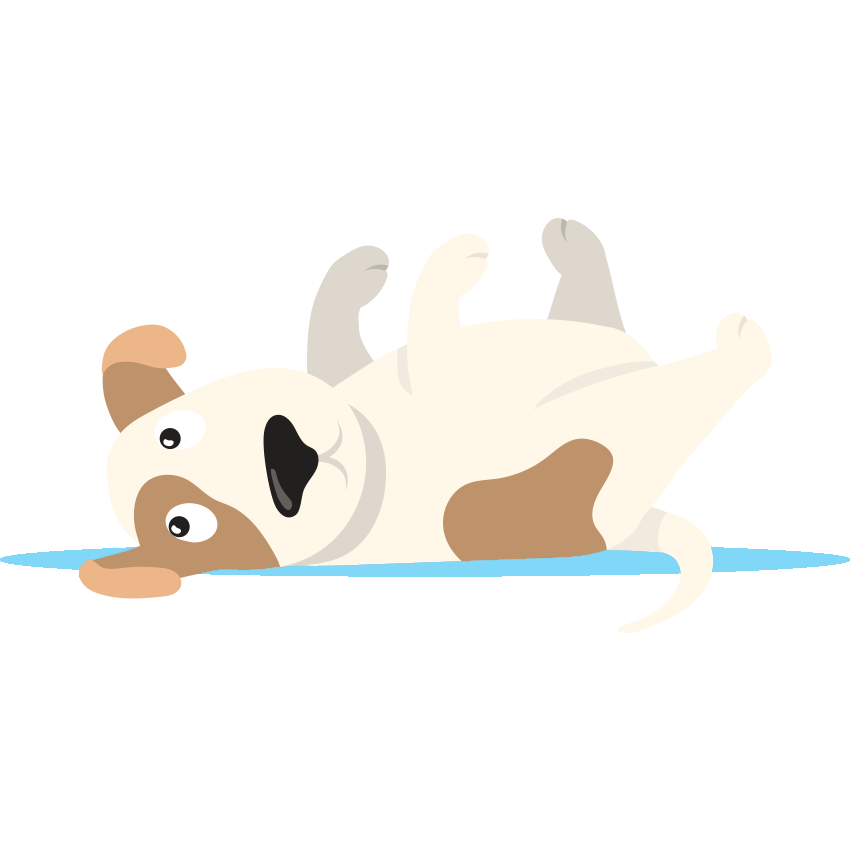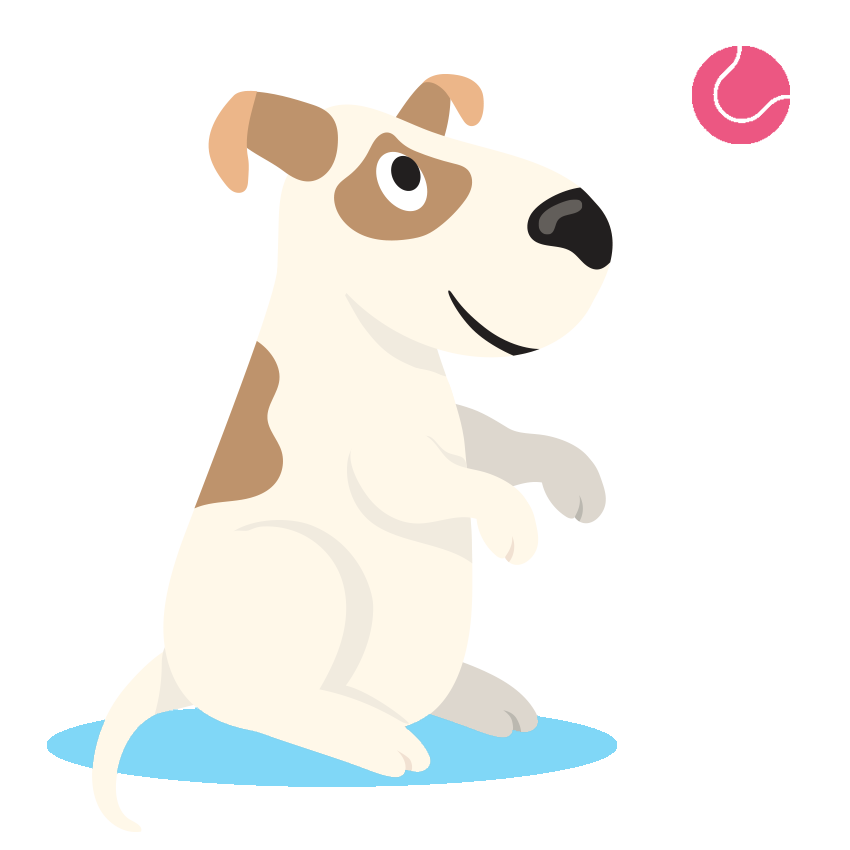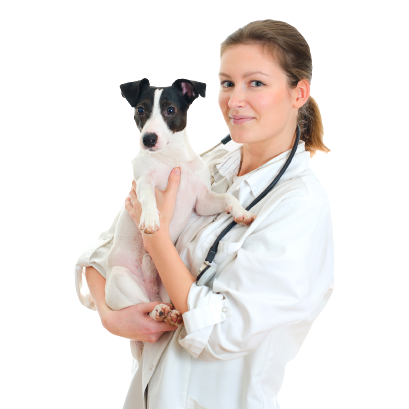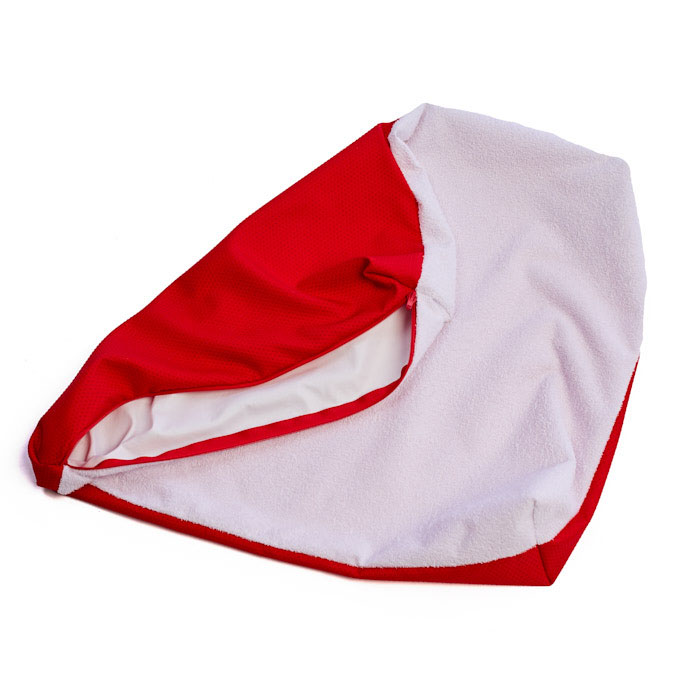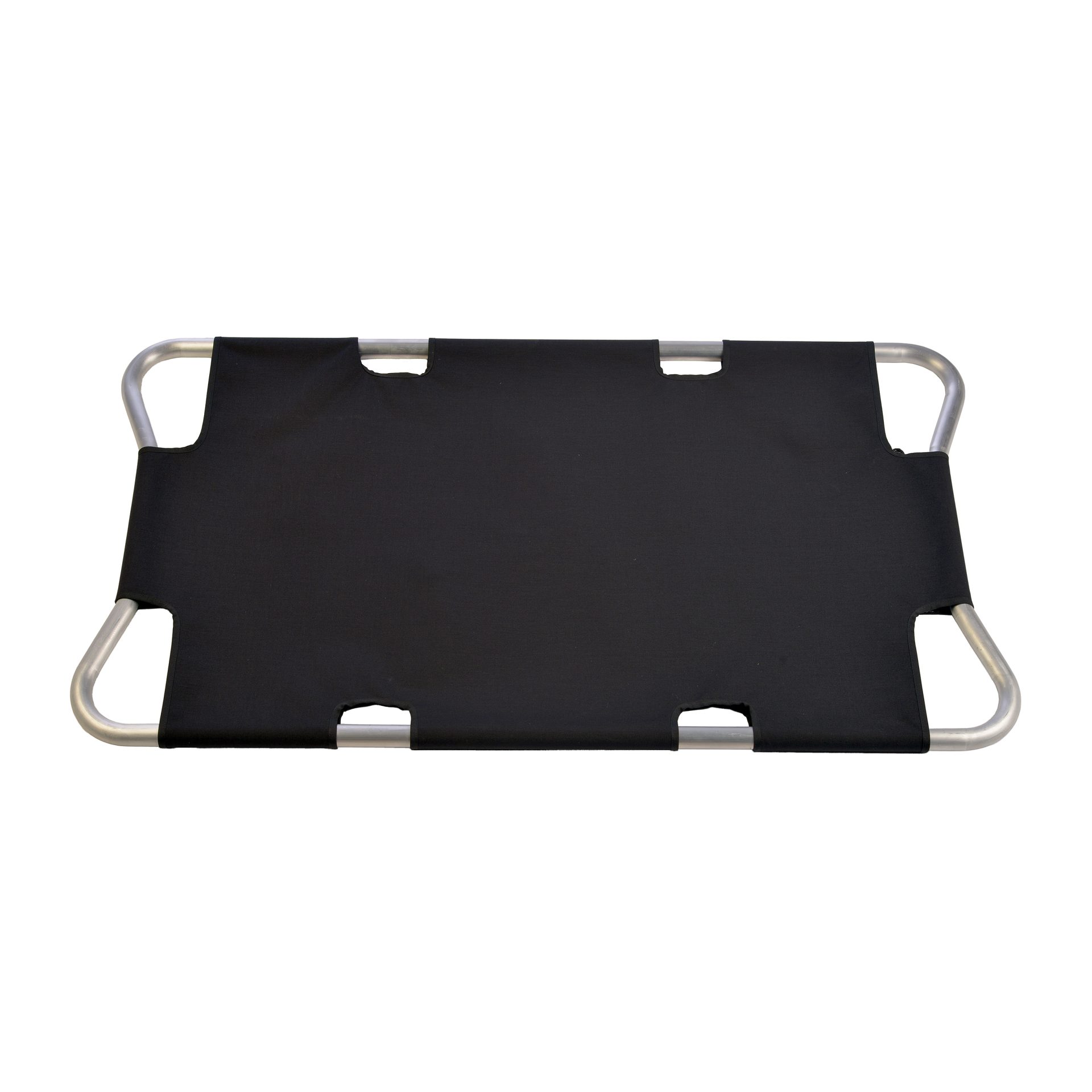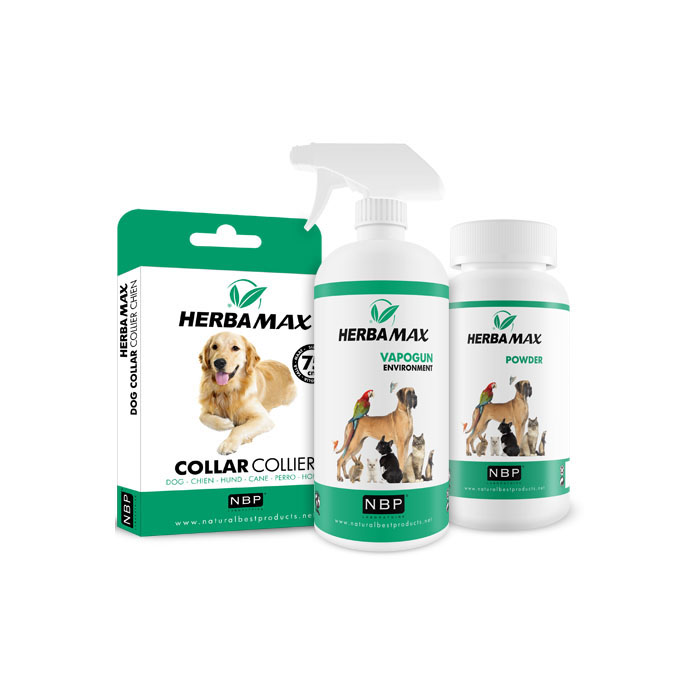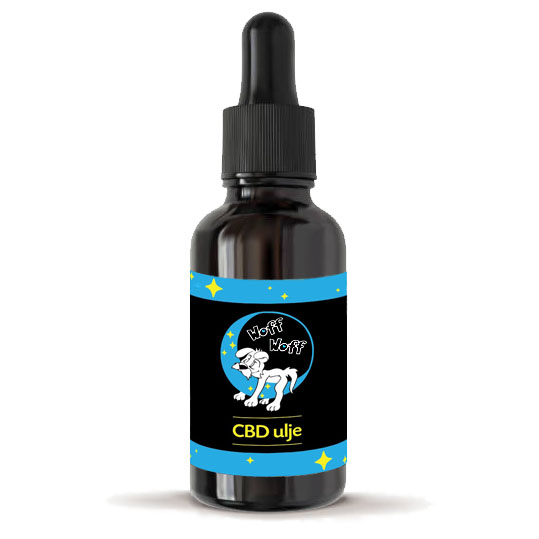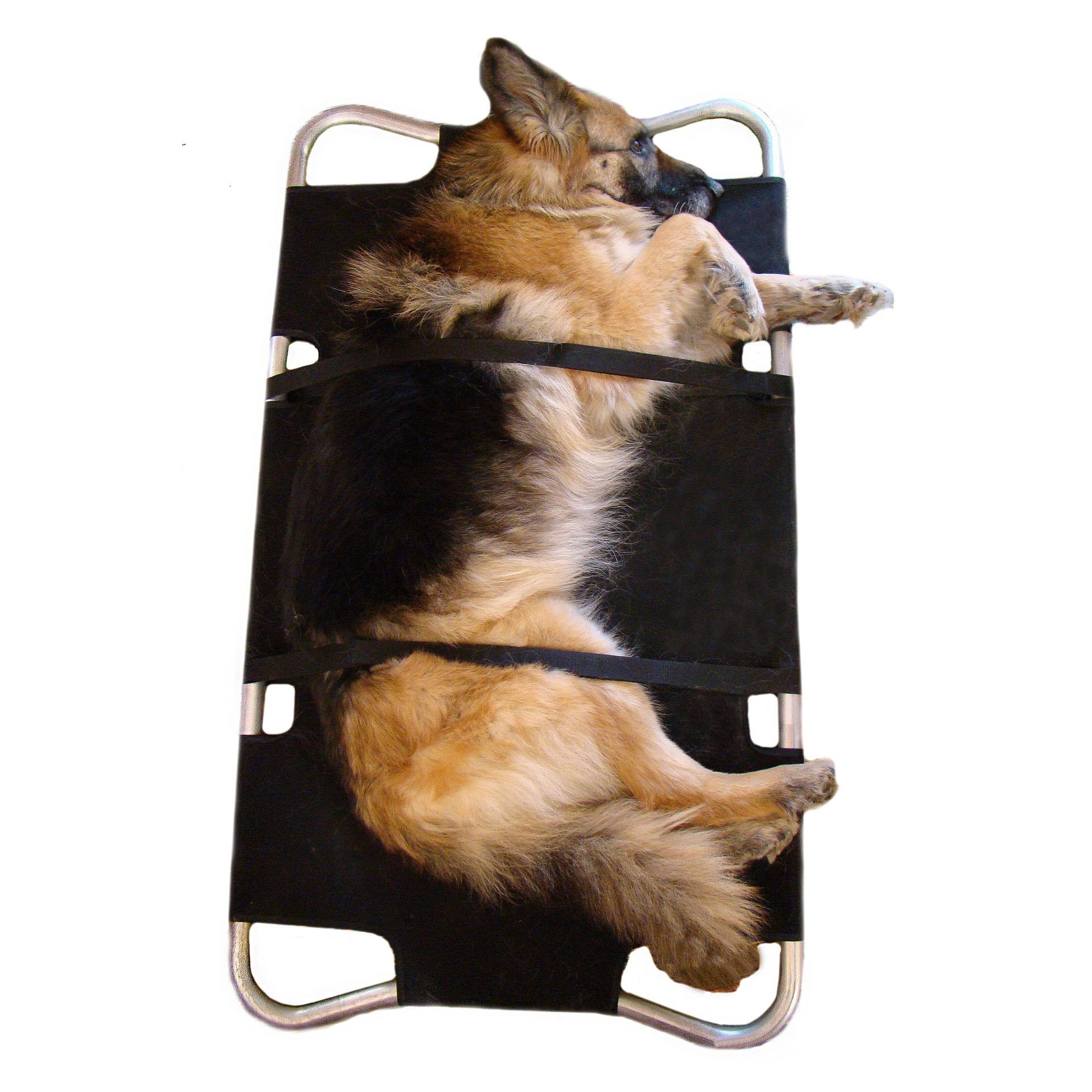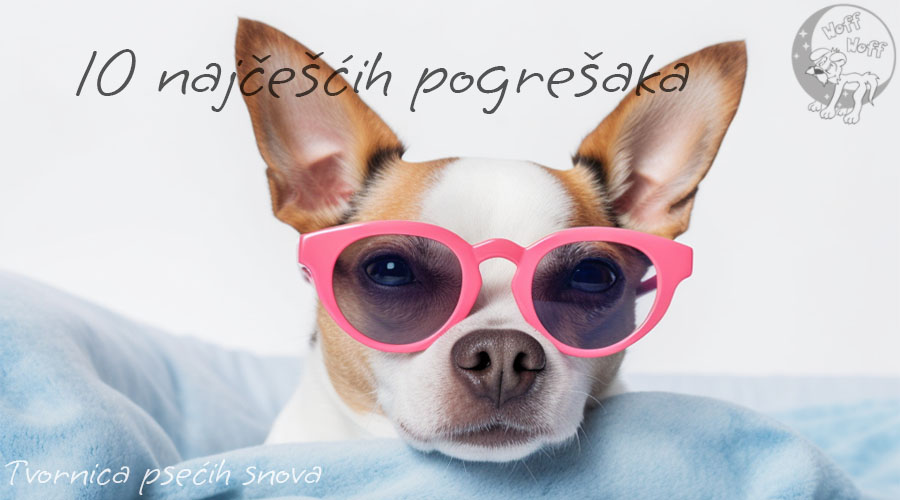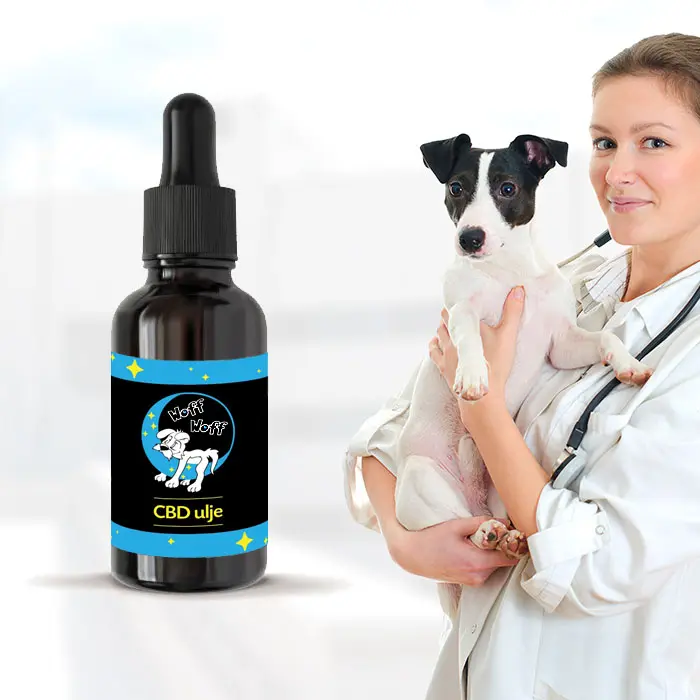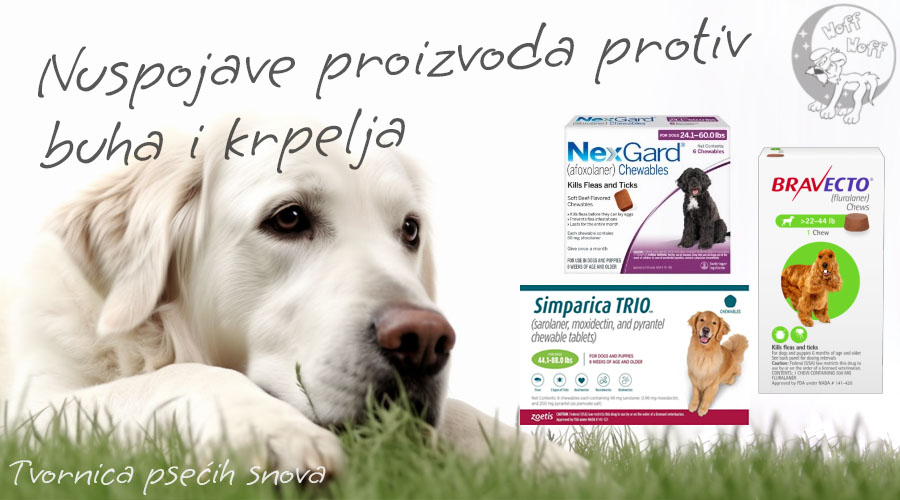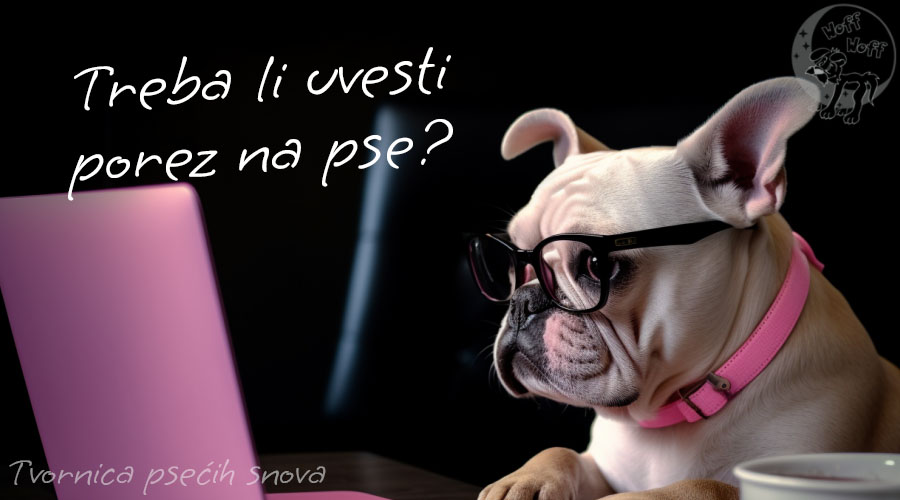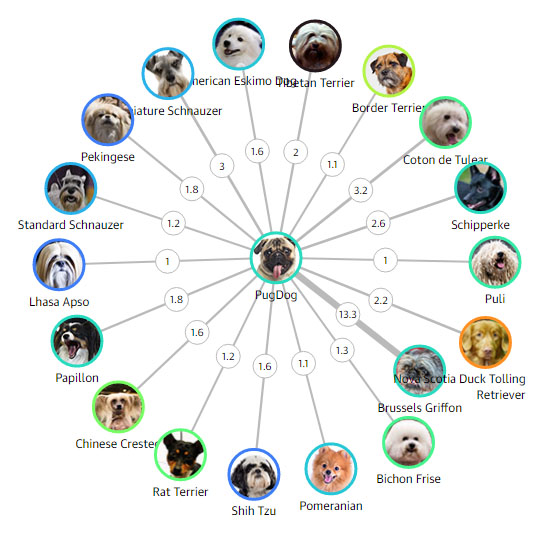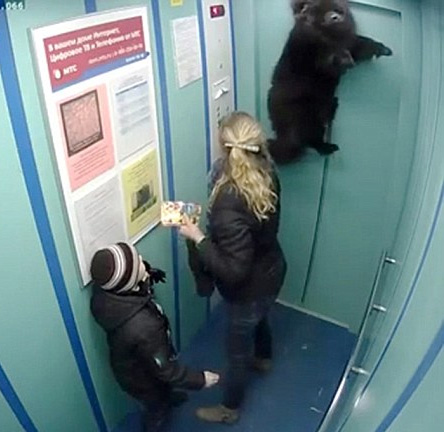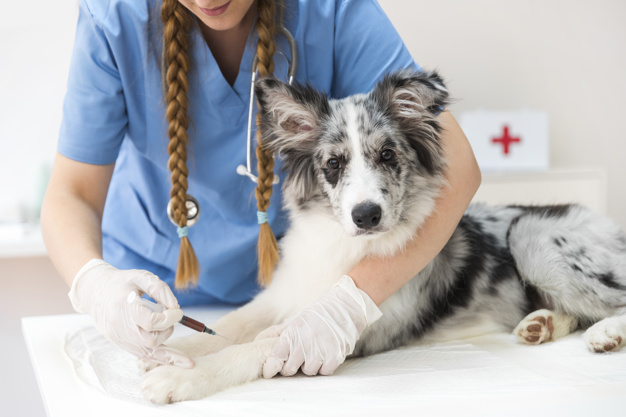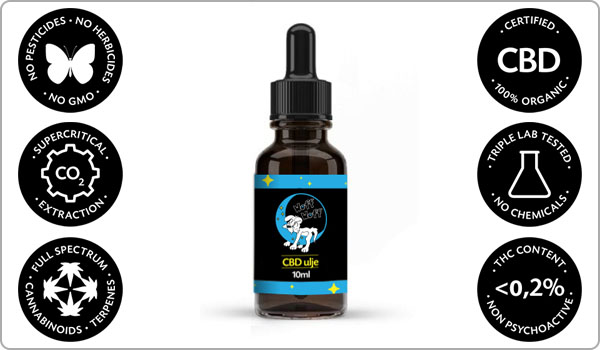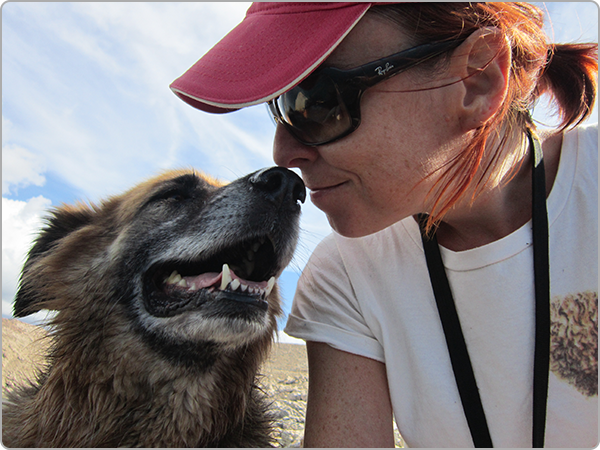It is a sad fact that dogs die earlier but once upon a time. Different cancerous diseases as well as chronic diseases more often are in dogs than ever before. Do you ever wonder why this happens?
There are a few mistakes, which we do with the best of intentions, and often on the recommendation of a veterinarian. The good news is that we can make some changes that will improve your dog's prospects for a longer and healthier life.
Here are some of the most common mistakes…
1. Premature vaccination of puppies
An 8 week old puppy is the cutest thing in the world and we want to make sure it is
protected. The recommended vaccination of a puppy every two weeks is not the best method if we want to protect it.
It is important to protect him from parvovirus and puppies, but we need to decide on a compromise between the risk of infection and the risk of over-vaccination. And, here is why this mistake is on the 1st place on the list of mistakes made by dog owners. Excessive vaccination can harm our puppy for life.
The dangers of over-vaccination include lifelong chronic diseases, problems such as allergies, arthritis, diseases of the digestive system, autoimmune diseases, and even cancerous diseases. Ideally we want to reduce the number of vaccines, which our puppy gets.
It is common practice to vaccinate a puppy every 2 weeks or at similar intervals until the age of 16 weeks.
Why do veterinarians overvaccinate puppies?
Puppies get their mother's antibodies through milk. Antibodies them protect against disease, until they wear out in the body after a few weeks. However, the same will antibodies block the vaccine as well.
The veterinarian tries to give the vaccine when the mother's antibodies are no longer in the puppy's body, but the puppy is not yet in danger of being infected by viruses from the environment. And so the vets poke the puppy every two weeks, hoping to catch that moment with the vaccination, when the puppy stops being protected by the mother's antibodies. This means that the puppy receives far more vaccine doses, but it is necessary! There is a better way to protect the puppy.
A puppy is needed just one dose of the vaccine at the right time, to be protected from disease! Instead of vaccinating the puppy again and again, let's rather listen to the recommendation of immunologist Dr. Ronald Schultz, Dr. Vet. honey.
Based on his own research on the duration of vaccines conducted over several decades, Dr. Schultz recommends
- Only one vaccination against parvovirus, puppy distemper and adenovirus between 12 and 16 weeks of puppy age.
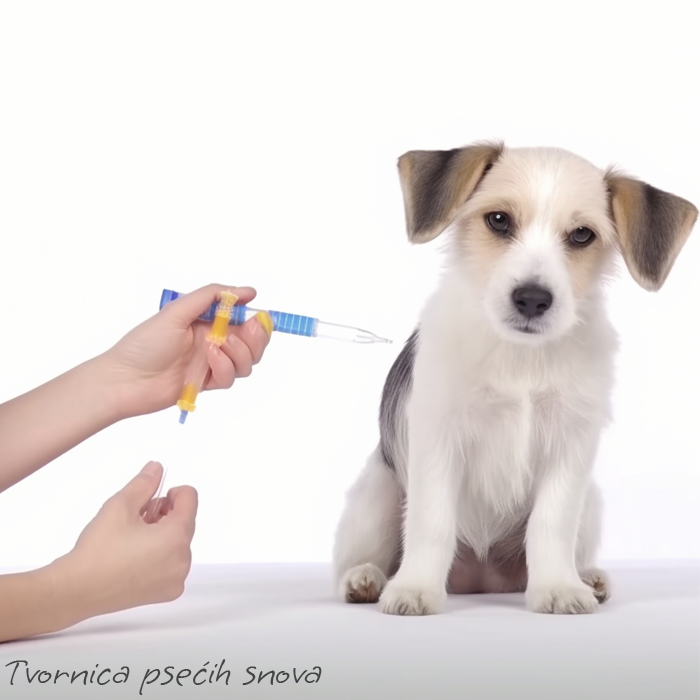
2. Unnecessary repeated vaccinations
Veterinarians remind us every year not to forget to vaccinate our dog. More than 60% veterinarians still vaccinate dogs each year. It is truly dangerous for dogs! Excessive vaccination can cause lifelong problems, such as autoimmune diseases, cancerous diseases and other chronic problems, and it is also completely unnecessary. dr. Schultz proved this in his research. Most are dogs protected for life with doses of vaccines, which they received as puppies.
dr. Schultz claims: "Vaccines against diseases such as puppy distemper or parvovirus, once given to adult dogs, provide lifelong immunity."
Unfortunately, for some reason, many vets are not educated and still recommend annual vaccinations. Others recommend that dogs be vaccinated every three years. But even that is unnecessary. Protection from vaccines such as the one for parvovirus usually lasts for life. The same applies to the other basic vaccine, the puppy. The vaccine against puppies is a highly effective vaccine, which protects for life after one dose. If your vet doesn't agree with that, you can do it titer test to prove it.
Titer tests for dogs
Titer tests are blood tests that show the degree of immunity dog to a certain disease. Ask your vet to do a titer test, instead of blindly revaccinating your dog.
The titer test can be used as certificate of vaccination in kindergartens and hotels for dogs, if we send the dog for training or travel abroad.
Many of them will accept the titer test as proof of the dog's protection. If they don't accept it, look for another service provider!
Once a dog has a positive titer test, there is no need to take another titer test. According to Dr. Schultz's research, a single positive titer test indicates that a dog is protected. It is unnecessary to repeat the titer test, after the test has been positive once. This is because the titer measures the amount of antibodies circulating in the body, and if the dog has not been exposed to the disease for some time, the antibodies stop circulating, but are still retained in the dog's cellular memory, ready to protect him in case of re-exposure to the disease.
3. Polyvalent or combo vaccines
Combined vaccines are also called polyvalent vaccines. Monovalent vaccines contain only one virus. Polyvalent vaccines contain many viruses and bacteria. These combinations are usually entered in the booklet by the veterinarian as DHLPP, DHLPPC, DA2LPPC, etc. Many holistic veterinarians call these polyvalent vaccines chaotic combinations and they are strictly against them.
If we haven't told our vet"No Thanks", the dog has probably received one or more combination vaccines during its lifetime. Traditional veterinarians, many shelters and associations for the care of abandoned animals vaccinate dogs with polyvalent vaccines, because simpler (and cheaper) than a separate vaccination for each individual disease. It also means that the dog most certainly will get more vaccines than he really needs.
For example, "L" in the above abbreviations stands for leptospirosis. The vaccine, which we probably did not want to vaccinate our dog with, because it belongs to the high-risk vaccines, and it is not very effective. In addition, many dogs live a life that does not put them at risk of leptospirosis, but it is a vaccine in a cocktail!
The worst of all is aggression on the dog's body. Injecting all those viruses (or bacteria) at once is not harmless! The dog's immune system is prepared to fight one virus, not with 5 or 6 of them at the same time. A single vaccine is already a sufficient risk. Many holistic vets will attest to that combined vaccines are significantly more likely to cause side effects. This is especially true for small breed dogs and puppies.
Therefore, ask the veterinarian not to give the dog polyvalent vaccines. If the vet does not have monovalent vaccines, you may have to buy them yourself. But protecting the dog is worth it!
4. Additional vaccines
The basic vaccines are the "important" vaccines, which the dog usually receives as a puppy. If you decide to vaccinate your dog, they are basic vaccines those that are important. They can protect the dog from deadly diseases, such as:
- rabies
- parvovirus
- a puppy
- adenovirus (canine hepatitis)
However, there are also vaccines, which they do not belong to basic vaccines, which is recommended by many veterinarians. Here are the most important ones from that group:
- bordetella (kennel cough)
- leptospirosis
- dog crown
- Lyme disease
These vaccines do not effectively protect the dog, but they do high probability of causing side effects.Therefore, if the vet wants to give the dog any vaccine outside the group of basic vaccines, read the article below about that group of vaccines and why they should be refused.
Also, many salons, kindergartens, hotels, training facilities with accommodation and trainers ask for certificates that the dog has received additional vaccines, in addition to the basic ones. They often ask for confirmation that the dog has been vaccinated against canine distemper or canine corona. What they are afraid of is that your dog does not get sick during his stay with them. Some will agree that you sign a statement that you bear liability in case of dog illness.
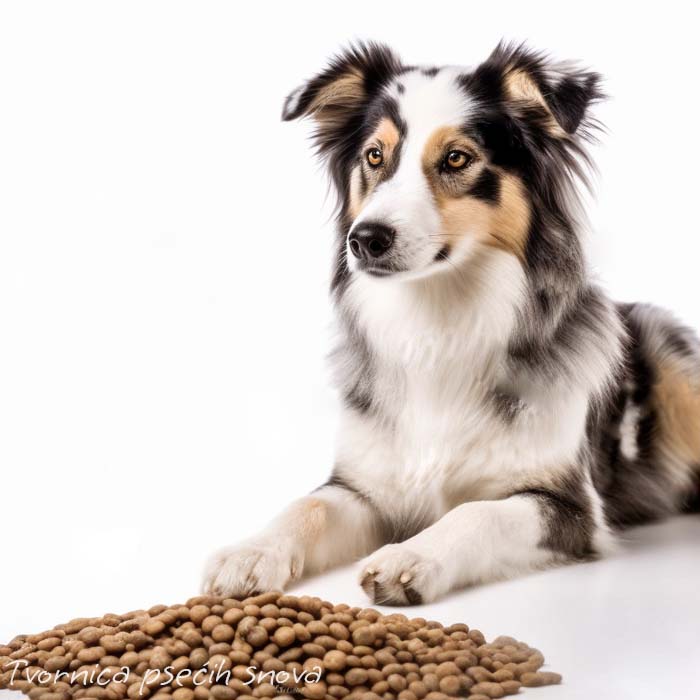
5. Feeding the dog with granules
How would you like it if you ate oatmeal for every meal every day? Because when we feed our dog with pellets, we are doing exactly that to our dog. Let's imagine how boring it is to eat the same food every day...
But the real problem lies in low nutritional value of granules. Do you remember when they used to say that the box has more nutritional value than the oatmeal in the box? Well, that also applies to many granules on the market!
Below are 4 important reasons why you should stop feeding your dog with pellets:
- Granules are artificial, dead food!
The granules are processed at high temperatures. Those high temperatures kill the few nutrients in the original ingredients, so manufacturers add a lot artificial vitamins and minerals, so I can call my product "complete and balanced". The dog's body does not absorb artificial vitamins and minerals that well, and in the long run they are even harmful to the body. This means that granules are not healthy food for dogs.
- Granules have a high proportion of starchy carbohydrates
It just has to be, because that's what makes the granules compact. Dogs do not need starch in their diet! Starch is the cause of sick intestines, it causes digestive and other problems, such as allergies or skin diseases.
- Granules are bad for dog's teeth
Contrary to what kibble advertisements say - kibble does not clean dogs' teeth. Granulated food it does not contain live enzymes or natural nutrients, and all this starch accumulates on the teeth, so that the granules cause dental diseases and gingivitis. Most dogs, which are on a diet of granules, have to have their teeth cleaned of plaque every year under anesthesia. Most dogs on raw food have naturally clean teeth, which do not need to be cleaned at the vet.
- Granules contain carcinogenic ingredients
This is the most important reason to avoid granules. Dog food could cause cancerous diseases! The granules contain toxins, such as aflatoxins, heterocyclic acids, actylamides and flame retardant chemicals! These are all harmful chemicals, which a dog should not eat! And, by the way, all these same problems apply to all granules, even "premium", as well as to those expensive granules prescribed by veterinarians!
So, do your dog a favor and switch it to a complete diet, preferably based on raw meat. It may seem expensive, but you will save on veterinary bills, because a sick dog is a more expensive dog!
Feed the dog raw food
If we want, we can prepare raw food yourself for your muzzle or buy ready frozen prepared raw food. Clearly, such food should be from a proven source and from a proven producer. Another choice is dehydrated food. During dehydration, heat is used, so some nutrients are lost. Or, if you can't decide on a raw diet, feed your snout whole, cooked foods. Or, as a necessary evil, make the granules more nutritious by adding nutritional supplements to them.
6. Medicines against heartworm
Heartworm, the words are, which make the blood vessels of dog owners freeze! Often veterinarians like to reinforce this fear. Because they themselves are afraid of heartworm. They show horrific images of snake-like worms in dogs' hearts. Then they talk about the horrors of traditional heartworm therapy. However, again there is a trade-off, the dangers of heartworm medication can be worse than the danger of your dog actually contracting heartworm. Here are the problems caused by heartworm medications:
Medicines to protect against heartworm
Protection is not quite the right word, because these drugs they do not protect from nothing. They kill the worms that are already in the dog's heart. So, if we give them to a dog, and he does not have heartworm, we are giving him medicine, which he does not need. And that medicine, the use of which carries with it great dangers.
Medicines to treat heartworm are neurotoxins
They kill heartworms by paralyzing them. And this means that they can also harm the nervous system of dogs. Some of the side effects that include taking these drugs are: convulsions (convulsions), ataxia (loss of coordination of muscle movements) and tremors.
Heartworm is not as common in dogs as you might think
The American Heartworm Society publishes maps of the frequency of heartworm disease in dogs. The map for 2019 shows the following information:
- in most of the country, the frequency is less than 1 case per veterinary clinic
- in most places, the frequency is less than 5 cases per veterinary clinic
Ask your vet how many cases of heartworm treatment he has had before you start worrying about heartworm.
There are safer alternatives
Safer, natural options can be found for protection and treatment against heartworm.
You can buy herbal preparations, homeopathic medicines or use other natural methods of treatment. Ask your holistic vet about them.
7. Toxic agents for protection against intruders
It seems like every year we hear how this is going to be the worst tick year ever. And ticks are terrible, because they can transmit diseases to dogs. Fleas are more of a nuisance than a danger, but they can turn a home upside down if a dog gets infected with them. A lot pharmaceuticals for protection against intruders are without a doubt also dangerous for mammals. These agents are insecticides and appear on the market in two forms:
Oral medications - chewable tablets for dogs
Currently, you can buy tablets such as Nexgard, Bravecto and Simparica, which should protect the dog from pests for a month or three months. However, the problem with these pills is that they have serious side effects, which include serious reactions like epileptic seizures and even death! Exist groups on social networks, in which dog owners describe some of these horrors. And since it's about drugs for oral administration, once you give them to the dog - there's no going back! So if the dog has a reaction to them, there is no way to get that poison out of your dog's body.
Ampoules for external use
Ampoules may seem safer, and, of course, manufacturers claim that the dog's body does not absorb active substances (pesticides / insecticides) from ampoules. However, there is research, which shows that this is not true. dr. Deva Khalsa, Dr. Vet. honey. She saw data from the EPA's Division of Pesticides. These data show that fipronil enters the body and can be deposited in fatty organs, urine and feces of dogs. Fipronil is the main ingredient in Frontline ampoule, one of the most popular on the market.
There are safer, more natural methods to protect dogs from pests. A range of natural based sprays can be purchased or we can make our own spray using pest control recipes.
8. Treatment of the dog with pharmaceutical drugs
Giving medicine to a dog carries with it certain dangers. Listed here are several important drugs, antibiotics and non-steroidal anti-inflammatory drugs (NSAIDs), the use of which is risky.
Antibiotics
Let's say that your muzzle is suffering from some infectious disease, and the vet claims that he needs antibiotics. How do the owners react? Well, if he's on pills for a few days, it sure won't hurt the dog, right? That's what traditional veterinarians think. Well, they prescribe antibiotics for everyone, sometimes even "just in case". But unfortunately antibiotics can have long-term effects on a dog's gut health.
A healthy gut is important for the overall health of the body. About 90% dog immunity starts with the intestines, where the good bacteria (or probiotics) live. Antibiotics kill all bacteria. Not only the bad ones, but also the good ones, which protect the dog from diseases. So this is much worse than "he just has a little stomach ache". Practice shows that the intestines never fully recover from antibiotics. And so, damage to the intestines can mean reduced resistance to all kinds of diseases, for life.
Limit the use of antibiotics to serious health problems
Antibiotics can save life. And those are the situations when they should be used. So, before you agree to treat your dog's less serious ailments with antibiotics, study natural alternatives to antibiotics.
Do not use antibiotics to treat skin conditions or diarrhea. This is a frivolous way of using antibiotics and can permanently damage the dog's health. Limit the use of antibiotics to those rare cases, when it comes to a deadly disease or an emergency.
Nonsteroidal anti-inflammatory drugs (NSAIDs)
NSAIDs are non-steroidal anti-inflammatory drugs, probably the names Rimadyl or Metacam sound familiar. Veterinarians prescribe them "with a fist and a cap"! They use them for everything! From post-operative pain to arthritis or sprains or strains. And it's not like they don't help reduce pain and inflammation. They help. However, this has its price. One of the main problems is that NSAIDs cause joint damage! Yes, it's true! What you try to cure with these drugs can get worse!
Homeopathic veterinarian, Dr. Todd Cooney says "Ditch the NPL." Read his alarming information about the side effects of NPLs and his advice for alternative treatment methods.
CBD oil, organic and laboratory tested, is one of the good and safe options for dogs!
Suppressing symptoms is not a cure
Generally speaking, most drugs don't actually cure anything. Their action is reduced to the suppression of symptoms, and thus the disease is pushed deeper into the body, from where it can return in a different (worse) form. It can even be a disease like cancer. Natural remedies such as homeopathy or small amounts of herbal preparations support the body in self-healing. And they do it without suppressing the symptoms.
9. Use of toxic chemicals in the home or yard
So far, we have talked about a number of things that we can do (or stop doing) to fully protect the dog from environmental influences. But how are things in our own home? Do we use toxic chemical compounds in our home or yard? ERG, the Environmental Working Group, reported back in 2008 that pets have a high proportion of toxic industrial chemical compounds in their bodies. It is unlikely that the situation is better today.
First, the yard. There is research that shows that chemicals used to treat grass surfaces increase the risk of cancer in dogs. Therefore, instead of chemical herbicides and artificial fertilizers, look for natural alternatives.
- Use white (alcohol) vinegar to kill weeds
- Buy organic fertilizer, without chemicals
- Make your own compost
Inside our home is even more important to use cleaning agents without chemicals. Keep in mind that a dog spends most of its life on or near the floor. So he is constantly inhaling these toxic substances. And again, the chemical compounds in many cleaning products are toxic, even carcinogenic. Use safe products such as white (alcohol) vinegar and baking soda to clean your home. In this way, you will not only protect your muzzle, but also save money!
Artificial fragrances
Another category of products, which you should avoid, are artificial fragrances. This category includes the following products:
- Refreshing the space
- Deodorants
- Scented candles
- Powders and fabric softeners
- Toilet bowl refresher
- Body soap, body lotion, perfume and the like
All these products contain chemical compounds, which can harm dogs.
If we walk around the neighborhood, we will smell the correcting powder and fabric softener from the laundry drying on the racks. Just imagine what it's like for dogs with their much more refined sense of smell. look it up natural alternatives to deal with unpleasant odors in your home, even if the dog is the cause. A little baking soda and lemon works wonders!
10. Bathing the dog with harmful shampoos
You may not think that bathing is dangerous for your muzzle, but there is a hidden danger there too. Even shampoos, which appear to be natural, contain harmful ingredients. Melissa Boland found this out when she and her dog got cancer. That's why did research ipdescription of 20 ingredients in shampoos that should be avoided. And be careful, because on many shampoos not all the ingredients that these shampoos contain are written. So you might find yourself in a situation where we have to contact the manufacturer to get a complete list. Do your homework, because your muzzle is worth it! For dog spa days, treat him to an organic shampoo without chemicals!
BONUS mistake: thinking "naturally" is really natural!
We can read the product declaration where it says natural product / ingredients or similar. It can be on food, treats, shampoos or nutritional supplements for dogs. And so we think it's OK to use those products on your muzzle. Unfortunately, this is often wrong. Most ingredients declared as "natural" are not natural at all!
Natural is just a marketing term, a trick. There is no regulation for the use of this term. Therefore, do not believe such inscriptions. Do your own research and find out what is actually in that product. We often come across expressions like:
- Natural taste
- The natural taste of beef (or other meat, such as bacon)
- Natural fragrance
And again, there are no regulations to control the use of the term "natural". The same is the case with products intended for human use. Almost half of all "natural" personal hygiene products contain carcinogenic substances. We can bet that it's not better when it comes to products for dogs, it can only be worse! Therefore, don't believe advertisements, or even declarations!
Always research and test the product before you decide to give it to your dog. If the declaration contains unknown terms, check their meaning. If the word is unfamiliar, there is a high possibility that it is an artificial chemical product.
Small changes make a big difference. Protecting the health and longevity of the dog is worth the extra effort.
#addlove #woffwoff #tvornicapsecihsnova #self-verified
Author: Morana Barbara Lučić
Follow Woff Woff on Facebook
Join the Woff Woff group at FacebookAll information on the Woff Woff website is informative and educational in nature, as such it cannot replace the advice or diagnosis of a veterinarian.
Product performance descriptions are based on the traditional use of their individual components and do not necessarily include all precautions.
Do not use the information contained on this website for diagnosis or treatment without consulting a veterinarian.


